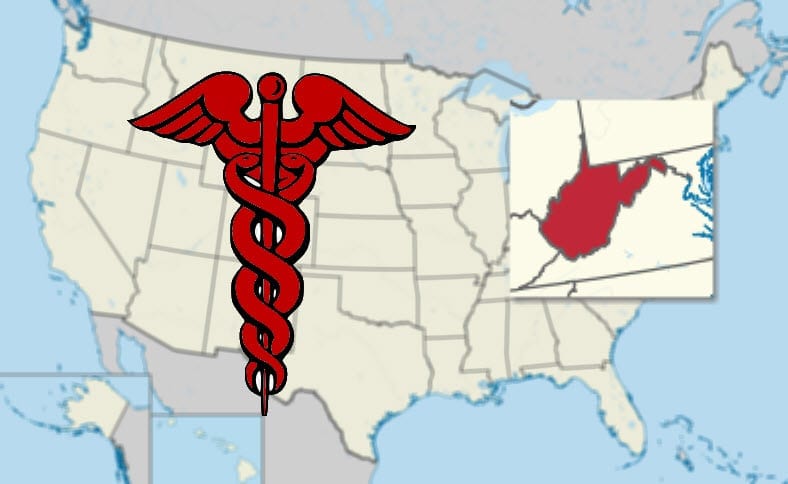 West Virginia may partner with federal government
West Virginia may partner with federal government
West Virginia is making strides in building a health insurance exchange program, but the state’s plans have hit a snag in the form of finances. The state, like others in the country, is required to host a health insurance exchange by the Affordable Care Act. Though some state officials have shown opposition to the federal health care law, West Virginia remains on track to comply with the law by 2014. The state will not run the exchange on its own, however, as state legislators are expected to determined that West Virginia will partner with the federal government on the initiative.
State officials eye partnership as solution for exchange program
Partnering with the federal government gives West Virginia limited control over the health insurance exchange that will be built in the state. This partnership does afford the state additional resources and time to plan for the exchange, however. Despite having access to additional resources, West Virginia officials are showing concern that their options concerning an exchange program are severely limited by the costs associated with maintaining such a program. The partnership is not yet set in stone, and state officials are still investigating the viability of t his approach.
Exchange may present major financial burden to consumers
The state’s ultimate decision on the matter seems to hinge on the scope of a state-based exchange program. The exchange will be designed to provide residents with access to affordable health insurance plans. A comprehensive exchange could make health insurance accessible to some 60,000 people in West Virginia that currently have no such coverage. Those receiving coverage through the exchange will share the costs associated with maintaining the system and keeping it staffed. These costs will be tacked on to the premiums that consumers pay for their coverage. State officials have shown reluctance to support this practice due to its potential to introduce powerful financial strain on the state.
Limited regulatory power may cause problems in market
Partnering with the federal government would remove some of the financial burden of the West Virginia health insurance exchange, but the state would have limited regulatory power over the system. This could cause problems, as the regulations that would be introduced to the exchange by the federal government would be more generic in scope and not necessarily suited for the West Virginia insurance market and its consumers.

